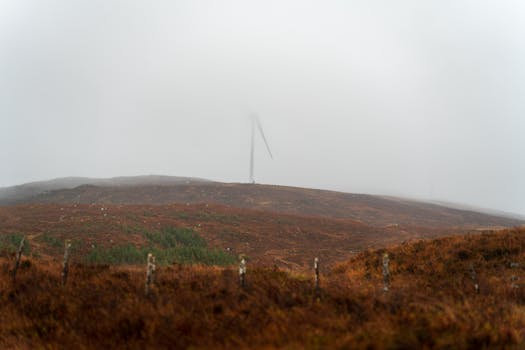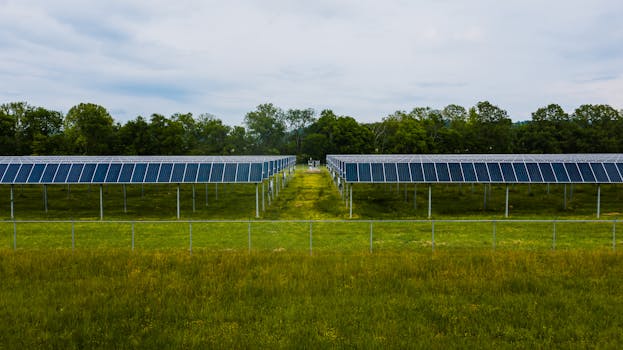You can do a degree in an engineering or a scientific subject. Some employers might expect you to have a postgraduate qualification.
Relevant subjects include:
- energy engineering
- Earth sciences
- environmental engineering
- geophysics
- renewable or sustainable energy
Getting work experience during your studies through a summer internship or year placement scheme can give you an advantage when you start looking for work.
Your university careers service can help you find opportunities.
Entry requirements
You'll usually need:
- 2 or 3 A levels, or equivalent, including maths and a science for a degree
- a degree in a relevant subject for postgraduate study







